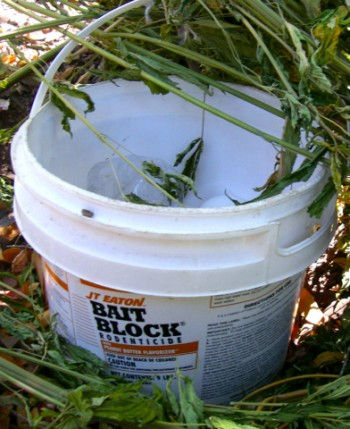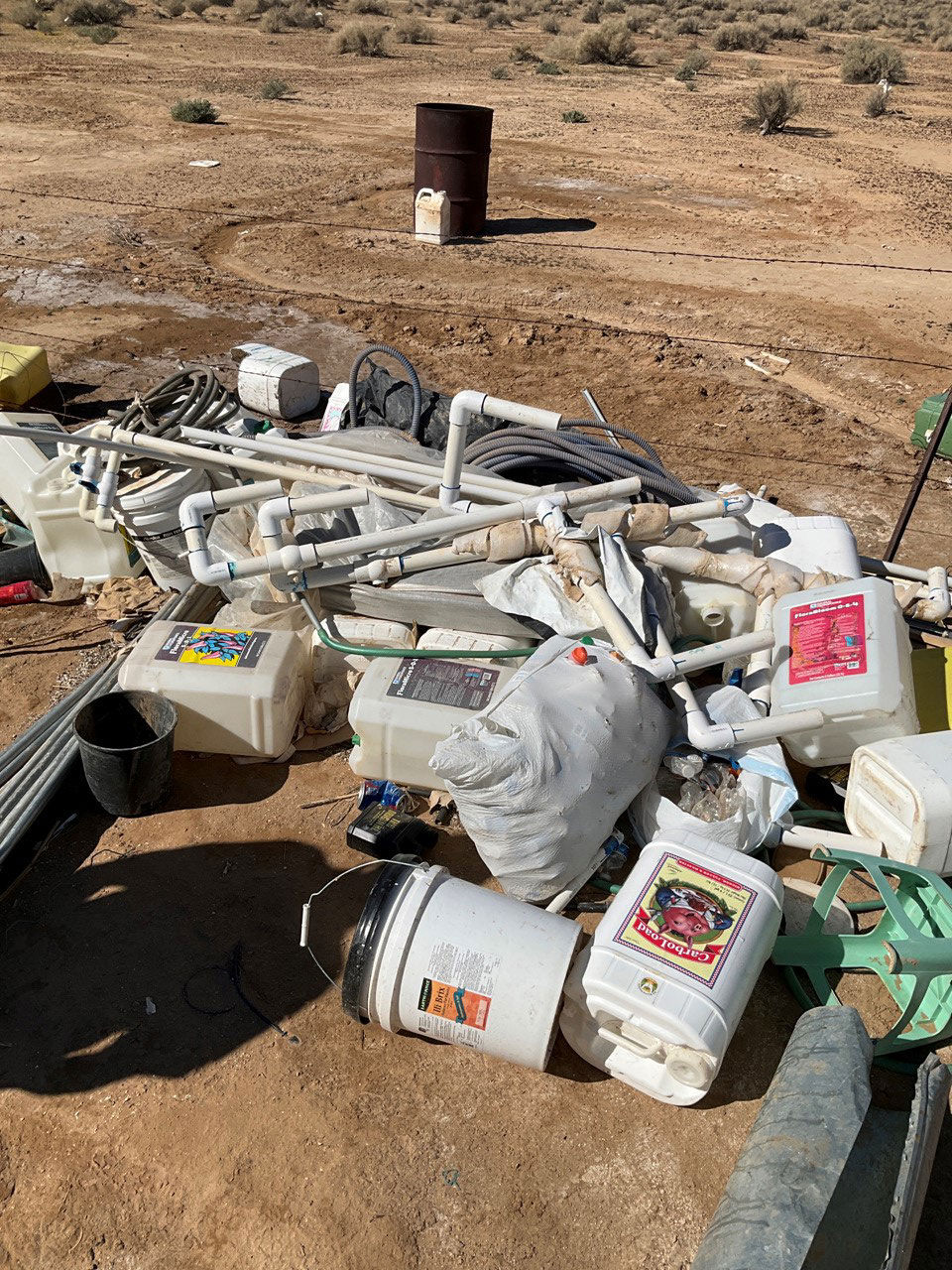It's Not Our Fault... AKA
- Robert Blalock

- Sep 4
- 2 min read
"Rodenticide Poisoning in California: Why Professional Pest Control Businesses Aren’t to Blame"

In recent years, California has seen an alarming rise in accidental rodenticide poisonings among wildlife. Owls, hawks, bobcats, mountain lions, and even domestic pets have been harmed by secondary exposure to anticoagulant rodenticides. While environmental groups and media reports sometimes point fingers at the pest control industry, the truth is more complex—and professional pest control companies are not the real culprits.
The real problem lies with irresponsible and illegal marijuana grow operations.

The Role of Licensed Pest Control Professionals
Licensed pest control companies operate under strict state and federal regulations. Every application of rodenticide is highly controlled, documented, and designed to minimize risk to non-target animals and the environment. Highly trained technicians follow Integrated Pest Management (See past blogs) practices, which emphasize prevention, sanitation, exclusion, and careful use of products only when necessary.
In short: professional pest control operators are bound by the law, guided by science, and committed to protecting both people and the environment.
Illegal Growers and Reckless Rodenticide Use
Illegal marijuana farms, often hidden in California’s forests and rural areas, are a very different story. These operations are unregulated, unlicensed, and frequently destructive to local ecosystems. To protect their crops, growers commonly use large amounts of banned or restricted-use pesticides and rodenticides—far more than any licensed business would ever legally apply and spreading these products by simply tossing buckets of them into their crops with no regard to safety.

These toxic chemicals don’t just target rodents. They seep into the soil, contaminate water sources, and poison wildlife up the food chain. Predatory birds and mammals, which are essential to natural rodent control, are especially vulnerable to secondary poisoning.
Why This Matters for the Public
By blaming professional pest control companies, the public is distracted from the real issue. Licensed businesses are not dumping poisons into the environment; illegal grow operations are. Enforcement resources need to be directed toward shutting down these destructive grows, not tightening restrictions on responsible pest management professionals who are already following the rules.
Another simple solution is to close the legal loopholes which allow consumers to purchase insecticides and rodenticides -- products which were once more heavily restricted. Simply put, we need to ban the purchase and use of these products except by licensed professionals.

The Takeaway
Rodenticide poisoning in California is a serious problem—but it’s important to place responsibility where it truly belongs. Professional pest control businesses operate with safety, compliance, and accountability. The real threat comes from unregulated, illegal marijuana growers who put profit above environmental health.
If California wants to protect its wildlife and communities, the focus must be on stopping illegal grow operations and better restrict the use of consumer pest control products, not penalizing the very professionals trained to use pest control products responsibly.


Comments